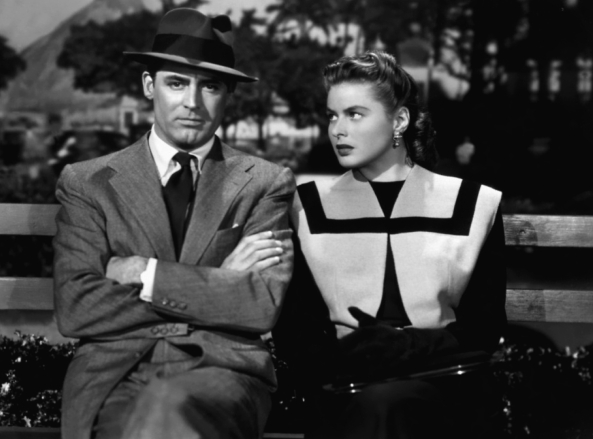Paul Thomas Anderson’s “Boogie Nights” is a hilarious movie about sexuality while also being an interesting take on a genre picture.
When Hollywood struggles because YouTube thrives, so does the porn industry suffer as anyone can film themselves having sex. Not every porn star can be Sasha Grey and find work with Steven Soderbergh.
Strangely enough then, Paul Thomas Anderson’s breakout film “Boogie Nights” has renewed significance. It’s the story of the rise and fall of Dirk Diggler (Mark Wahlberg) as the veteran porn stars struggle to stay hard and horny as video tapes take movies out of the XXX theaters.
“Boogie Nights” isn’t really about porn, it’s just more open about its sexuality. (“Jack says you have a great big cock. Can I see it?”) The one-off joke is that this coming-of-age story of stardom and struggle is just the same even with a grindhouse quality filter. Anderson’s whole goal is not to make a genre picture but to make an art house movie that looks and feels like a genre picture. He did much the same thing with romantic comedies in “Punch-Drunk Love.” And it’s the reason why in “Boogie Nights’s” second half, the whole story seems to go off the rails when it becomes so drenched in painful and melodramatic self parody. The end belongs to another movie, and PTA finally acknowledges that shift with a 13-inch nod to “Raging Bull.”
Anderson wonderfully mixes style and kitsch here. The film has a vitality in its disco score that permeates the campy, referential ’70s vibe and carries through to the more depressing moments all bathed in jaded melodrama and cynicism.
His camera moves in ways that don’t intrinsically make sense, but they draw your eyes and your mind. Watch the camera crop out Burt Reynolds’s character to show Julianne Moore staring admiringly at the young, nervous Dirk. He doesn’t return the glance even though the camera does the same for him, and this is not necessarily a clue to her motherly infatuation with Dirk. But we’re captivated by the moment. The camera itself is alluring and sexy.
The early moments of the film are also plain funny as hell. Wahlberg was overshadowed by Burt Reynolds’s Oscar nominated performance (he turns into a sort of George Lucas of porn, and he’s capable of conveying a vision of porn that is simultaneously idealistic and perverse), but it’s refreshing to see Wahlberg when he was still the young Marky Mark posing for Calvin Klein. He’s been typecast in so many tough guy roles lately that it’s impossible to imagine him playing anyone like Dirk anymore.
John C. Reiley and Philip Seymour Hoffman are also riots. Hoffman especially is playing off type as an overweight, closeted gay man with an attraction to Dirk. As for Reiley, the camera stays put and lets him work. His best moment is when he asks Dirk how much he can squat, only to up Dirk’s ante by an absurd 150 pounds.
In the way you could argue we don’t have movie stars like Cary Grant and John Wayne anymore, we don’t really have porn stars like Dirk Diggler anymore. And for that matter, we don’t have other directors in America making movies the way Paul Thomas Anderson does anymore.






